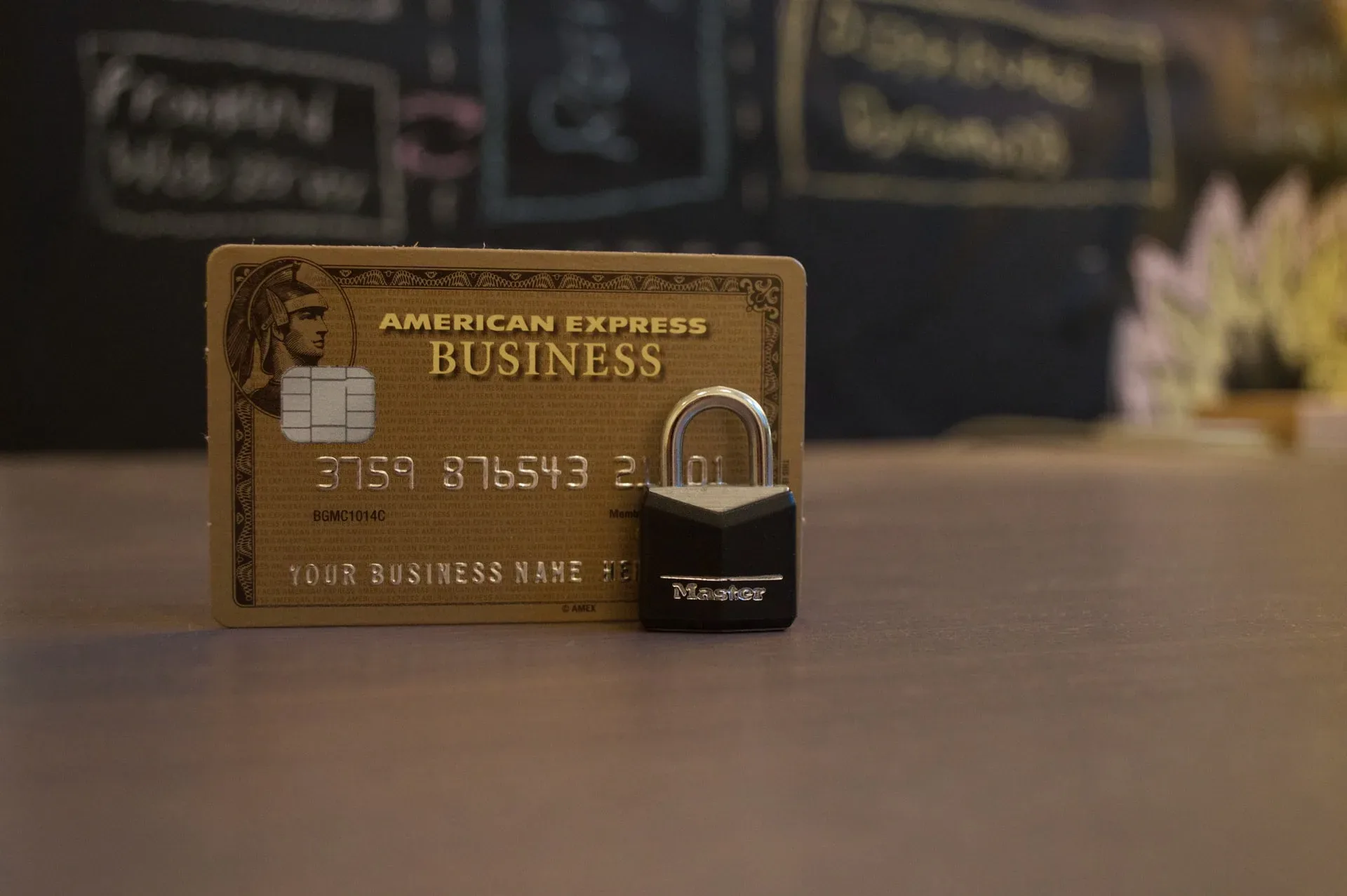In business, there are many instances where you want to share confidential information with another party. But the key to doing so safely is to ensure that the other party is bound to respect the personal information you provide and will not use it to their detriment.
A common way to keep confidential information passed to another party is through a non-disclosure agreement, sometimes called a “confidentiality agreement” or “NDA.”
In this article, I will explain when there must be an agreement in critical terms and a non-disclosure agreement.
When does an undisclosed contract expire?
Does it make sense when another party needs to sign a non-disclosure agreement? There may be many examples where appropriate. But the primary conditions are those in which you want to say something valuable about your business or idea but still want to ensure that the other party does not steal or use the information without your approval.
Here are some specific situations where you may want to use a non-disclosure agreement:
- Present an invention or business idea to a potential partner, investor, or distributor
- Sharing financial, marketing, and other information with potential buyers of your business
- Showing a new product or technology to a prospective buyer or licensee
- Receiving services from a company or individual who may have access to some sensitive information in the provision of these services
- On-the-job access to confidential and proprietary information about your business
Non-disclosure agreements do not make sense for startups that seek to raise funds from venture capital investors, as most venture capitalists will refuse to sign such contracts.
Agreement parties
The parties to the agreement are usually straightforward explanations offered at the beginning of the contract. For example, suppose it is an agreement where only one party provides confidential information. In that case, the disclosing party can be called the disclosing party, and the data recipient can be named the recipient.
A tricky part here is to consider whether other individuals or companies can party to this agreement. For example, is the recipient expected to disclose confidential information to any relevant or affiliated company? For a partner? An agent? If so, the NDA should also cover these third parties.
What is considered a secret?
This section of the NDA explains what is meant by classified information. Is this any information? Is this information written only as “confidential”? Can verbal communication be considered confidential?
On the one hand, the Disclosure Team wants this definition of intelligence to be as broad as possible to ensure that the other party finds no flaws and begins to use its precious secrets.
On the other hand, if you are the recipient of the information, you have a legitimate desire to make sure that the information you want to keep confidential is clearly stated so that you know what you can use and Can’t use
Verbal information, in particular, can be challenging to deal with. Some information recipients insist that only written communication needs to be kept confidential. And, of course. The verbal information party may say that it is too narrow. The usual compromise is that oral information may be considered confidential. Still, the disclosing party must confirm it in writing to the other party immediately after the disclosure so that the receiving party will have to come to notice. Verbal statements are considered confidential.
Scope of privacy responsibility
The recipient of the information disclosed under the non-disclosure agreement is responsible for keeping the confidential information confidential and not using the personal information himself.
So, the first part is that the recipient of the confidential information has to keep it secret. And this usually means that the recipient must take reasonable steps to prevent it from reaching others. For example, appropriate measures may include that only a few people within the recipient’s company have access to the information and are all aware of the nature of the privacy restrictions.
The second part is also essential. Recipients cannot use the information themselves. However, the last thing you want is for them to pick up your great ID or mailing list and make billions of dollars from it.
If the scope of the NDA is broad, you can sue for damages or breach the recipient’s privacy obligations or agreement not to use them.
Drafting of Demand Letter
Someone owes you. You bought something that doesn’t work. One service provider did not deliver on its promise. If you disagree with an individual or a company, and informal attempts to resolve your dispute fail, you should write a letter of demand.
This can help you persuade the other person to do what you want.
Before writing a letter, consider your relationship with the person who owes the money. Is it a friend or a relative? Is it necessary to maintain a personal relationship with this person? Is it a contractor, a business, or someone you might deal with in the future?
This will help determine the tone of the letter. You should draft the demand letter with maximum passion. And – stick to the facts.
Keep a detailed record of all your communications with the other person/company. Write down the date, time, the person you spoke to, and the nature of all your conversations about the issue. Keep a copy of all contracts, bills, receipts, correspondence, statements, etc.
How can I write and send a demand letter?
Type your letter. If you do not have a computer or typewriter, try accessing it. Many public libraries have computers you can use for free or for a small fee.
Briefly review the key facts. State the detailed facts in order.
Be kind. Do not personally attack the other party. The more you shoot, the more you invite the other side to respond in a similar tone. This reduces your chances of resolving the dispute.
Write with your purpose in mind. The letter should encourage the other party to analyze the business of the dispute and consider questions such as:
Q. What are my risks of getting lost?
Q. How long will the defense take?
Q. Do I want the dispute to be decided in public?
Ask exactly what you want. For example, don’t hit around the bush if you wish to pay $ 2,000. Ask for it. Explain how you got to this statistic.
Set a deadline. Give the other party a specific date to reply to your letter. Seven to ten days are average.
Conclude the letter stating that if the other party does not comply with your request, you will seek legal redress immediately.
Make and keep copies. Please make a copy of each letter before sending it. Also, keep a copy of the post office receipts.
Send your letter by regular and verified mail with receipt of the application return. If the recipient refuses to sign the receipt, send it by regular mail along with tracking/delivery confirmation. If your small claims end up in court, you can use a return receipt and proof of delivery to counter a claim that your opponent did not receive a demand letter.
If you cannot do that, you can hire a lawyer to draft and send it to you.







Share Your Thoughts